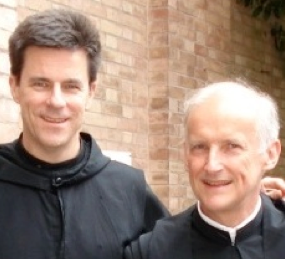Just as the RED corpus had ecumenical import in the modern liturgical renewal, so too the DREI corpus will provide the academic resources for fruitful ecumenical study.
For the first two book series in the DREI corpus we have taken the name Appreciating the Liturgy. Just as ‘appreciating’ is defined in the Oxford English Dictionary as being ‘sensitive to … any delicate … distinction’, so too, ‘Appreciating the Liturgy’ expresses the desire of this committee that, far from polarising positions, the deeper, more detailed and delicate study of the renewed liturgical texts may offer both to future students of the liturgy the resources for deeper and more eirenic study and to bishops the resources they need to fulfil their ministry of directing the future course of liturgical renewal.
The initial call for a new model of liturgical renewal was included in a paper given at the congress of Societas Liturgica, ‘Liturgy and the Piazza’ held in Palermo on 11th August 2007:
… we have come to promote a hermeneutical and literary-critical appreciation of the liturgical texts promulgated since the Second Vatican Council. And so … we now propose a new model of Liturgical Renewal which we call ‘Appreciating the Liturgy’, for, to the degree to which we deepen our appreciation of the current liturgical documents, will the Church discern the way forward.
This new model, in continuity with the mission at the Pontifical Institute of Liturgy at Sant’Anselmo, promotes the intellectual apostolate as a gift, in supportive co-operation with the hierarchy, and a sign of vitality in the Church’s theological and liturgical life.
